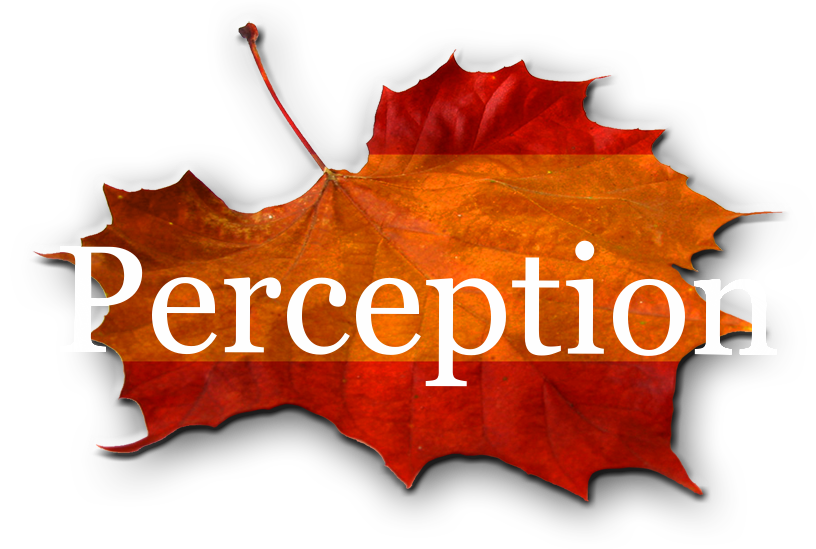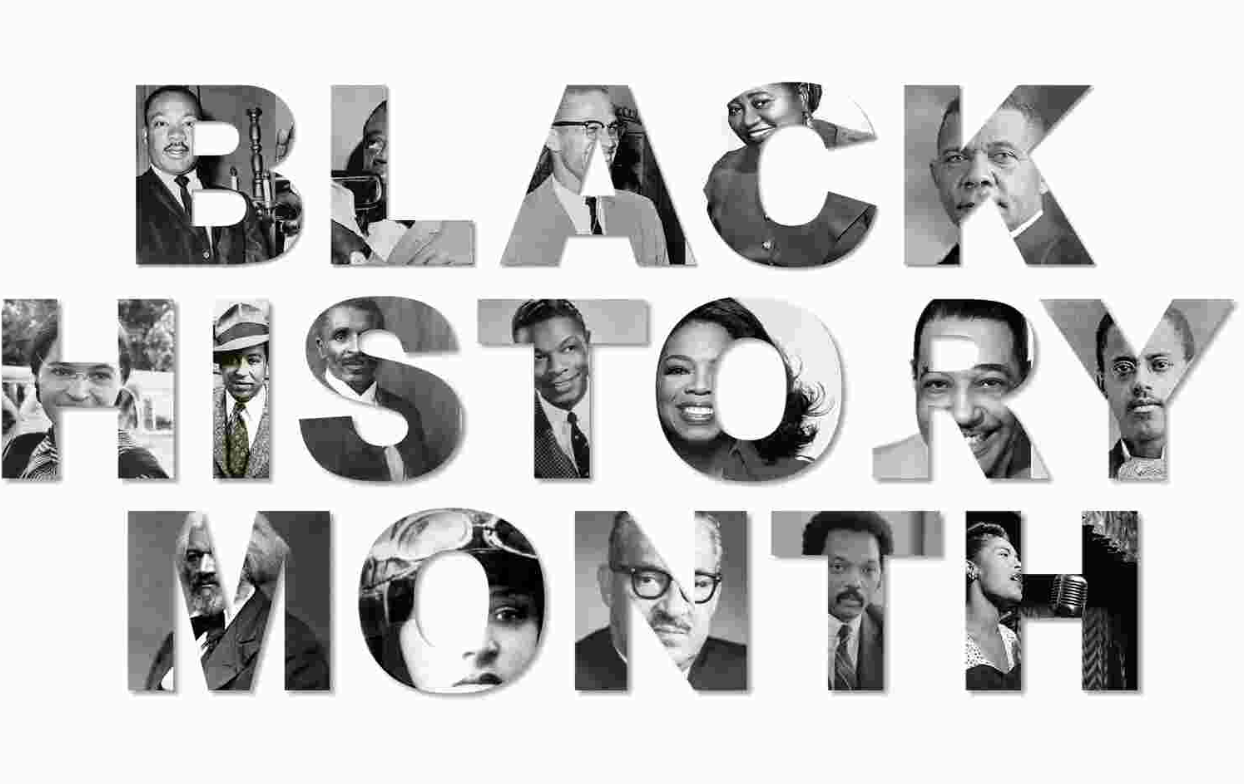A Month Defined: Black History Month and Its Creation
Written version of a Black History Month welcome speech
delivered in 2016 by LaToya T. Brackett.
As Black History Month 2021 began I reflected back on this past year, and wondered if those who celebrate this month truly know of its origins and the original purpose of it. I recalled my own words from some years ago, in 2016, as I welcomed folks to the first Black History Month event in Spokane, WA. I remember how a Black woman leading in the community was working with me to put the month of events together for the mayor’s office. This Black woman was talking to me about who we could get to welcome everyone and to share reflections on Black History month… I remember being on the phone with her and she never ever thinking of me. She mentioned how her husband could not do it because he had something else during that time, she then mentioned a Black male professor who I had worked under and refused to allow her to suggest without ever even seeing him at the community meetings she herself was leading. I do not recall who suggested I do it, but there we were. And about a week before the event, her husband informed me through email that he could do it now, and I guess he anticipated I would just give it over to him. I did not. And after this speech, the mayor’s office reached out and shared with me how much the mayor had learned from me. Apparently, after spending several years in office and attending several Black History Month events, he had never learned all that he did in those few moments listening to me. I will never forget the moment I looked into the audience as I read this piece and the husband of the Black woman leader looked surprised that I had something of substance to say. In my head, as he congratulated me with awe afterwards, I said, I do have two degrees in Black Studies, I do know who the father of Black history is. I often wondered if he did. Too many a time did Black men in that community get to stand and be applauded and apparently never reveal anything new. Today I want to reshare this piece on a platform I never anticipated I would have cultivated myself. And as we are now five years away from the 100 year anniversary of Black History Month, we must really grapple with what Dr. Woodson originally desired of this selected time, and of the immense curriculum overhaul he would have anticipated by now. I do hope you gain an experience of substance as you read what I shared orally in 2016.
This image: Google Doodle Carter G. Woodson, Black History Month. Illustration by: Shannon Wright. Source: https://shannon-wright.com/#/google-doodle/
Negro History Week
Black History Month
African American History Month
The month of February every calendar year the U. S. President gives an annual proclamation establishing this month as a month in which the history of a people is remembered, celebrated and enriched. Yet how much history is forgotten about how this annual proclamation and decided events have come to be.
Who is the father of black history?
His name is Carter G. Woodson. Let me say it again, Carter G. Woodson. Born in 1875, ten years after the official end of slavery in 1865. He died in the year 1950, the year the NBA was racially integrated. History.
Dr. Carter G. Woodson earned the title of “the father of Black History” because he took it upon himself to ensure the history of a race would be documented. Because his belief was that “if a race has no history, if it has no worthwhile tradition, it becomes a negligible factor in the thought of the world and it stands in the danger of being exterminated.” (BH 27) And extermination is not necessarily physical. His most famous text is entitled: The mis-education of the Negro.
But do not misunderstand Dr. Woodson, because he called not for Black history, but Blacks in history. “The case of the Negro is well taken care of when it is shown how he has influenced the development of civilization.” (BH 27) As I like to tell my students—I teach a corrective history. Dr. Woodson, set out to correct history by re-inserting the Black stories. Because American History is Black History. Black History is American History. World History is African History. African History is World History. We are not absent unless we are deleted.
Can you hear me?
I hope you hear me? I hope you hear our historians and their stories.
In 1926 Dr. Carter G. Woodson established Negro History Week in order to “celebrate African Americans’ contributions to U. S. history and culture, [to] instill blacks with pride and self-esteem, and integrate the study of blacks into all American schools’ curricula.” (BH 121) The second week of February was the selected time in honor of Abraham Lincoln and Frederick Douglas’ birthdays. President Lincoln’s signing of the Emancipation Proclamation has been taught to all Americans as a major tribulation in the African American plight; and this is Dr. Woodson’s major desire for recognizing Lincoln. I only hope Dr. Woodson’s dedication to Black history did not fail to ensure we have all learned of our freedom fighter Frederick Douglas and the real reasons he’s our freedom fighter.
“We are not simply up from strife, but raised in glory. Descended from ancient empires.”
-Brackett
Our history. America’s history.
In 1976, the Association for the Study of African American Life and History (ASALH), created by Dr. Woodson in 1915 an organization that still stands strong today as a research and publication hub for Black scholars, expanded Negro History week to the entire month of February. Fifty years after the creation of Negro History week, it became Black History Month. The Association views Black History Month as one of the most important components of advancing Dr. Woodson’s legacy.
Legacy
Dr. Woodson did not create Negro History Week to be remembered, or to leave a legacy. He did it for those before to not be forgotten or deleted. And because you cannot know where you are going if you do not know where you have been. We are not simply up from strife, but raised in glory. Descended from ancient empires.
Timbuktu is not a mythic place your mom threatens to send you to, when you do something bad. It is a city that was summed up in the 17th century as one of divine light, the city of knowledge, the city of trade and the city of hospitality; situated in what today is Mali in West Africa.
In his book The Mis-Education of the Negro Dr. Woodson wrote in 1933 “the chief value in studying the records of others is to become better acquainted with oneself and with one’s possibilities to live and to do in the present age.” (ME 139) So as we do come together each year for this month and as you learn of our past, America’s, the world’s, and civilization’s, remember it is not simply of something to know. It is what you will do with it.
Let us learn how this knowledge reflects on ourselves. In what is today, not yesterday.
In 1933 Dr. Woodson said “What this age needs is an enlightened youth not to undertake the tasks like [those heroes and heroines before] but to imbibe the spirit of these great men [and women] and answer the present call of duty with equal nobleness of soul.” (ME 138) That was in 1933, I would not disagree that it still applies.
Nobleness of soul comes with knowledge of self, which only comes by knowing one’s history. Carter G. Woodson called for this month to be one of racial pride and self-esteem. What he began in his day people saw as radical. Yet if we look around, it seems to finally be coming alive. Lest we forget what it took to get here.
Let’s start by remembering his name, remembering his goal, remembering the purpose of Black History as uplifting our faces, voices, and stories in history. All History.
It’ll be 100 years since the inception of Negro History week 10 years from now. 2026.
What will our legacy be for Dr. Carter G. Woodson?
My choice is to Correct the history.
What will be yours?
Excerpts from: The Mis-Education of The Negro. Carter G. Woodson. The Associated Publishers. 1933 ME
Black History: “Old School” Black Historians and the Hip Hop Generation. Pero Gaglo Dagbovie. Bedford Publishers, Inc. 2006. BH




